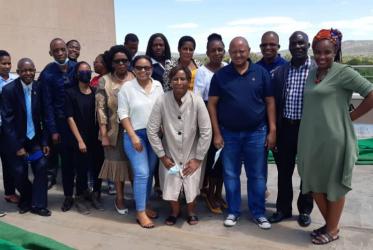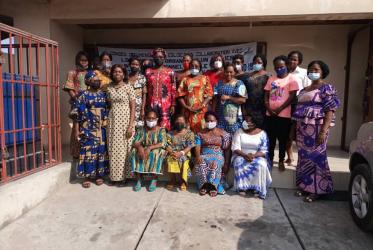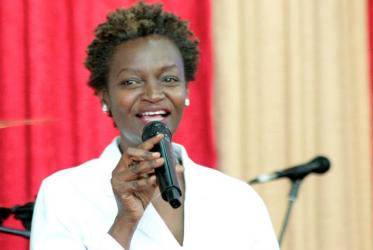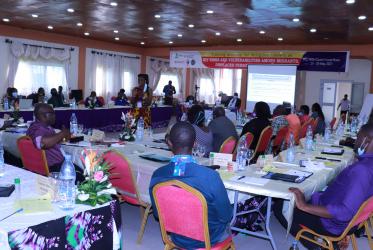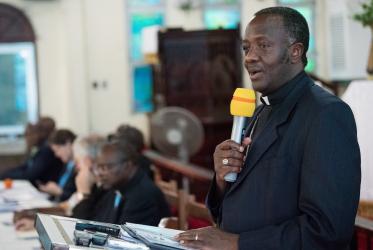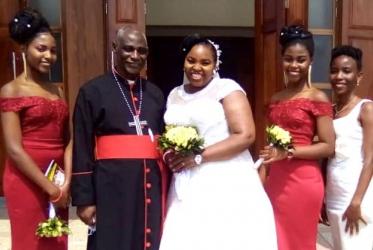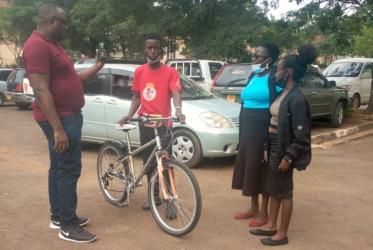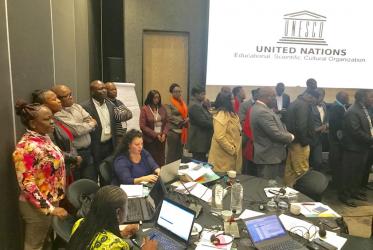Displaying 1 - 20 of 48
WCC mourns passing of Hendrew Lusey-Gekawaku
23 October 2020
In Uganda, resilience and hope overshadow stigma
31 July 2020
Young people in Togo: “Hear our voice! We want to tell our stories!”
07 November 2019

